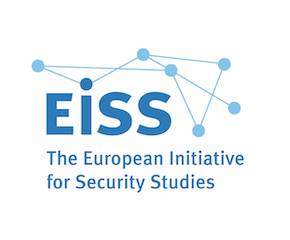Speakers
Description
Psychology and emotions are integral to war, strategy, and the management of insecurity. This is evidenced by the ongoing Russian-Ukrainian war and the passions that permeate it at every level of analysis. It is also apparent in the huge amount of attention the classical writers on strategy, from Thucydides to Carl von Clausewitz to Joseph Wylie and Thomas Schelling, dedicated to understanding human behaviour. Over the last few decades, research has demonstrated how cognitive biases, emotions, and other psychological factors influence human cognition and behaviour in the context of war and crises.
This panel highlights these themes. The papers explore the role and value of psychology and emotions in war and strategy. They articulate new ways of approaching strategy that takes account of psychology and emotions, and examine the challenges inherent in such approaches. Can the passions justify war? Can they be harnessed successfully to manage crises? Can new models help incorporate human factors more effectively into strategy and warfare? Where are the limitations? Drawing on political, social, evolutionary and behavioural psychology, and multidisciplinary research on emotions, this panel offers an innovative and interdisciplinary approach to the human dimensions of war. It aims to shine new light on the centrality of these topics to the wider field, and expand conceptual and theoretical understanding of these ideas.
| What discipline or branch of humanities or social sciences do you identify yourself with? | International Relations, Political Psychology, Emotions, War, Strategy |
|---|---|
| If you are submitting an Open Panel proposal, have you included all four abstracts in attachment? | Yes, I have included all required information (see below). |
| Are you a PhD student or early-career researcher? | Yes |

